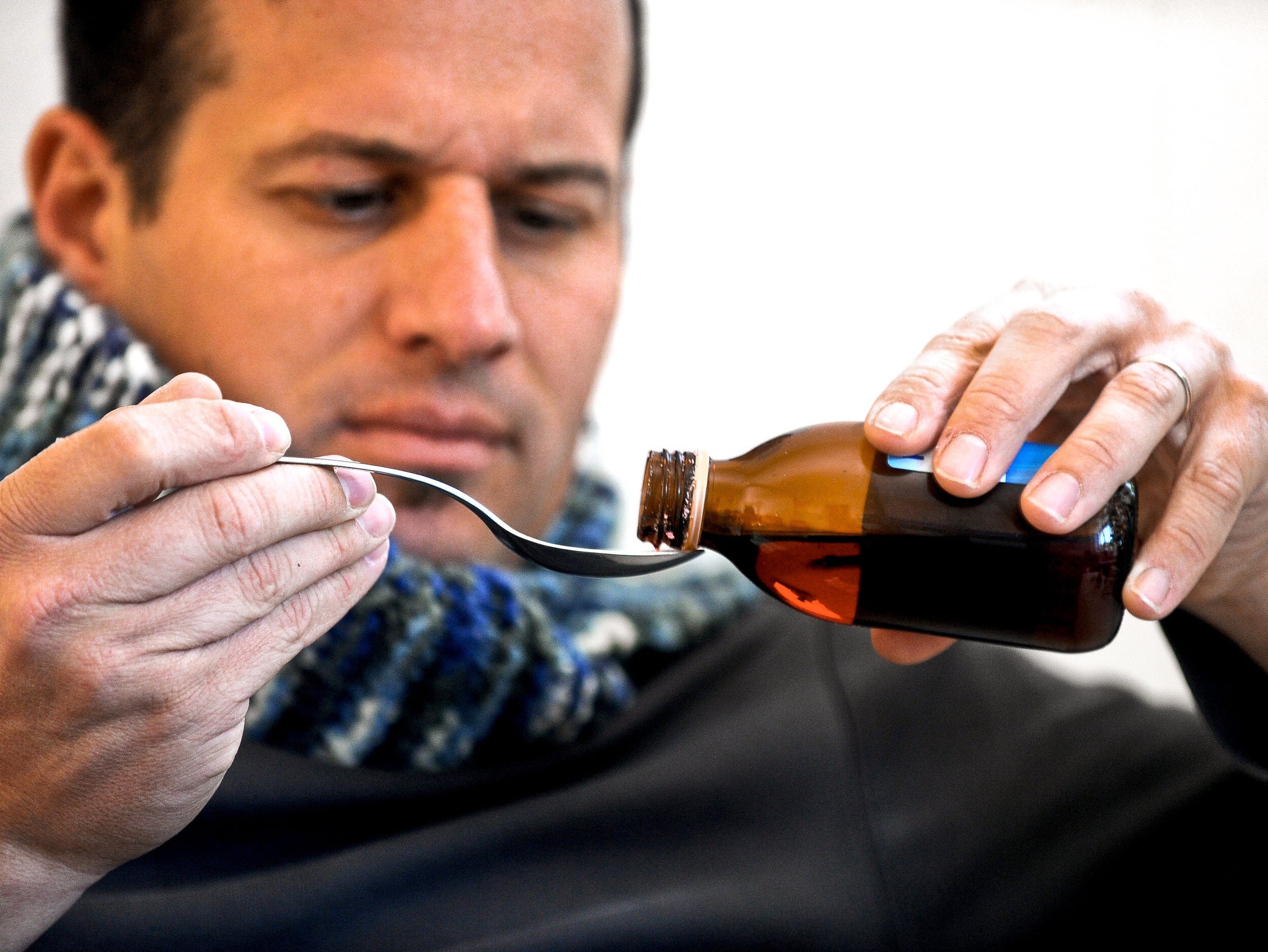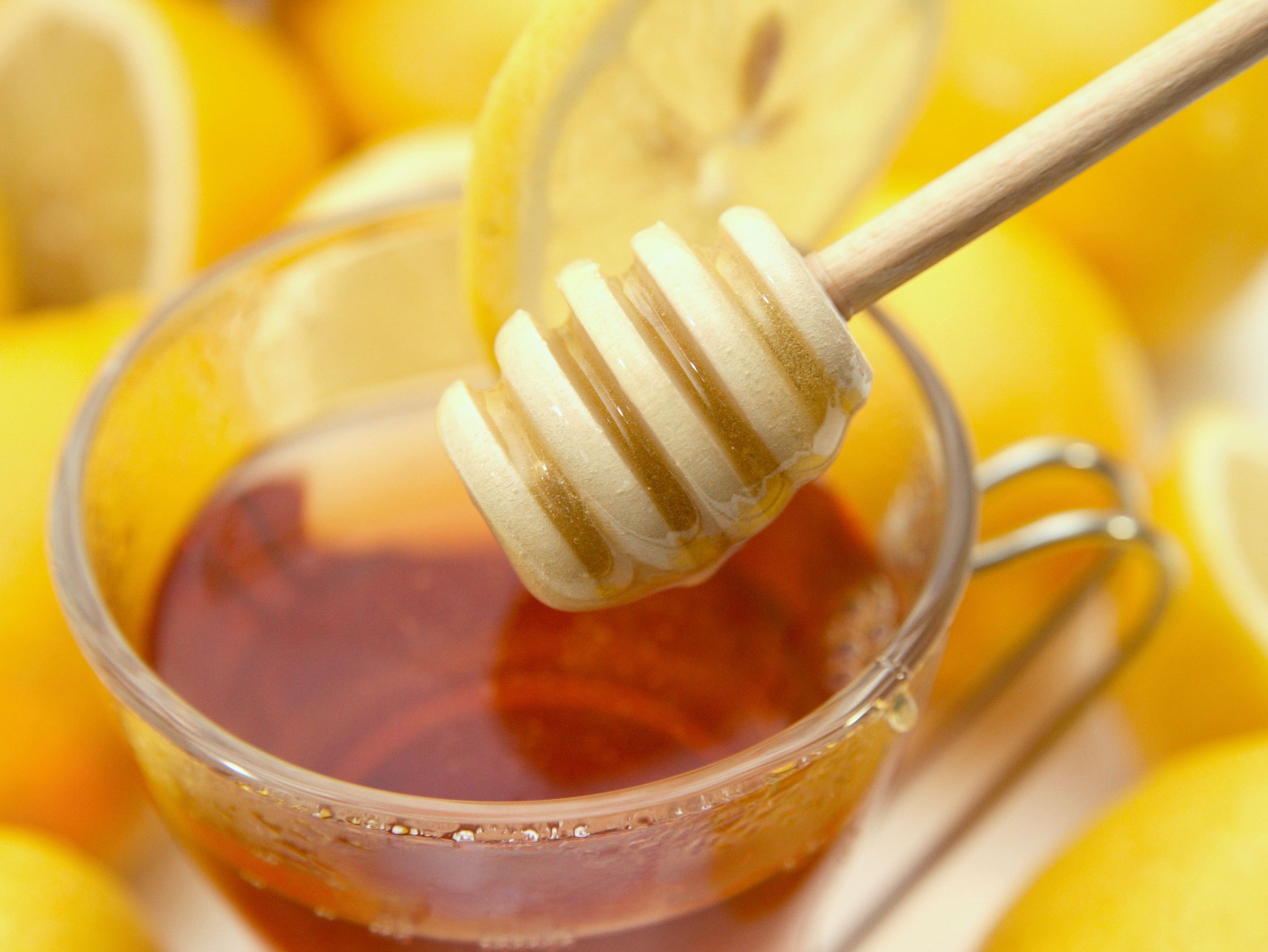Cough medicines a waste of money, admits NHS
Hot water with honey and lemon is recommended over medicines

Cough medicines are a waste of money and no better than homemade remedies as there is "weak" evidence that they work, a leading doctor has warned.
With syrups costing up to £5 for a small bottle, the industry is worth millions to pharmaceutical firms as temperatures drop at this time of year.
Dr Tim Ballard, vice chair of the Royal College of General Practitioners, said: “The medical evidence behind cough medicines is weak and there is no evidence to say that they will reduce the duration of illnesses - as such, GPs are unlikely to prescribe them.”
The NHS website also states that there is "little evidence" that cough medicines are effective, however they may relieve associated symptoms such as fever and a blocked nose.
Medics recommend a blend of honey and lemon in hot water, with anti-viral and antiseptic manuka honey gathered from tea tree nectar as a top choice.
Honey coats the throat and soothes irritation, but it is not recommended for babies under the age of one due to the risk of botulism.
Despite drug firm claims that cough medicine can help prevent coughing, an expert claims that minimising it while battling a virus is not ideal for the respiratory system.

Professor Ron Eccles, director of the Common Cold Centre at Cardiff University, said: “Coughing actually has an important purpose.
“It’s your body’s way of keeping unwanted stuff from getting into your lungs. But unfortunately, post-virus, this irritating symptom can really linger."
A stubborn cough can persist for up to 18 days on average, according to a study by University of Georgia.
If a cough lasts longer, is affecting young children or results in coughing up blood, shortness of breath and high fever then it is advised to contact a GP, Dr Ballard said.
Join our commenting forum
Join thought-provoking conversations, follow other Independent readers and see their replies
Comments